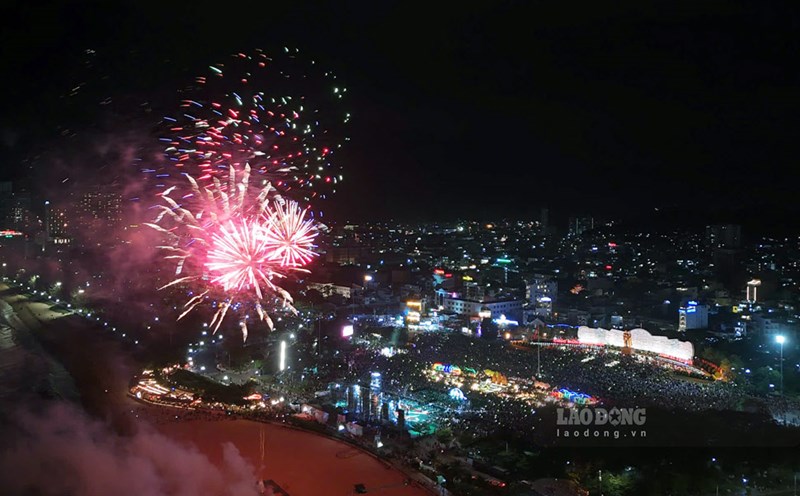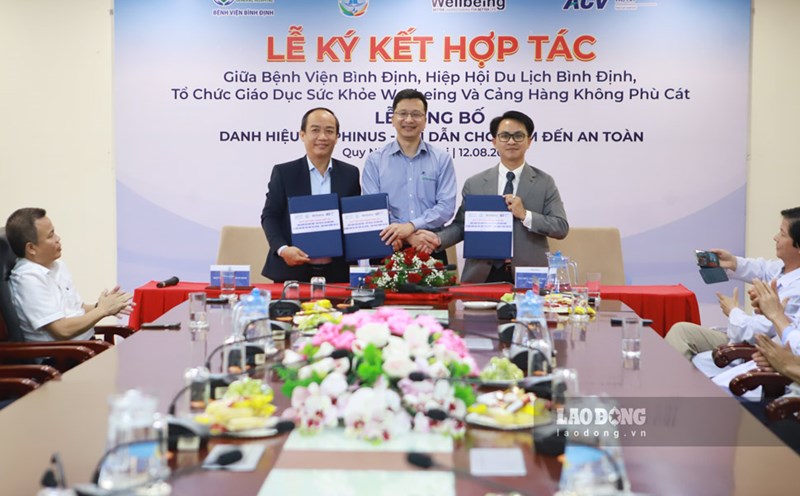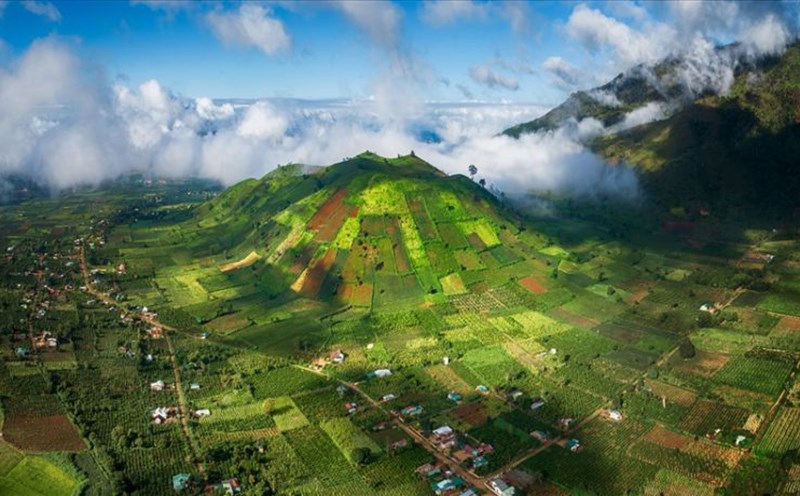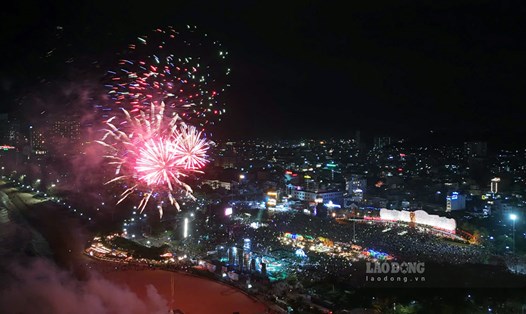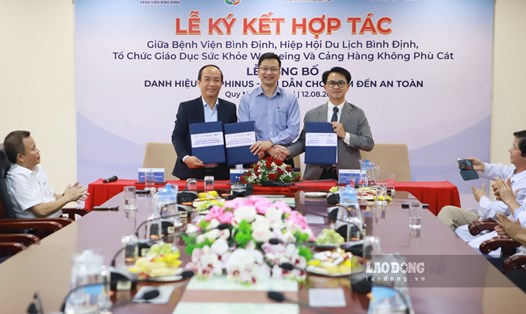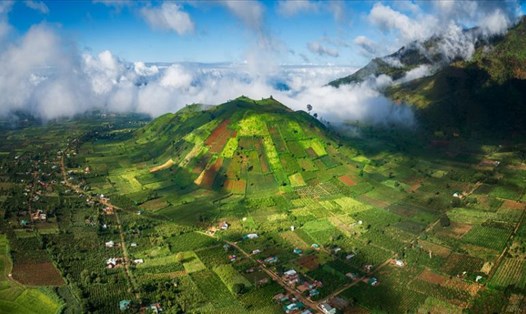Gia Lai is one of the localities with large forest areas in the Central Highlands, possessing a rich and diverse ecosystem. In recent years, the province has focused on nature conservation in parallel with exploiting ecotourism potential, thereby both preserving forest resources and creating sustainable livelihoods for people.
A representative of the Kon Chu Rang Nature Reserve Management Board (Son Lang Commune, Gia Lai Province) said that over the years, the unit has strengthened nature conservation work to exploit tourism potential.
The advantage of the pristine mountains and forests in Kon Chu Rang is the development of eco-tourism, adventure exploration; thereby creating income for people in the buffer zone, while reducing pressure on forest resources.
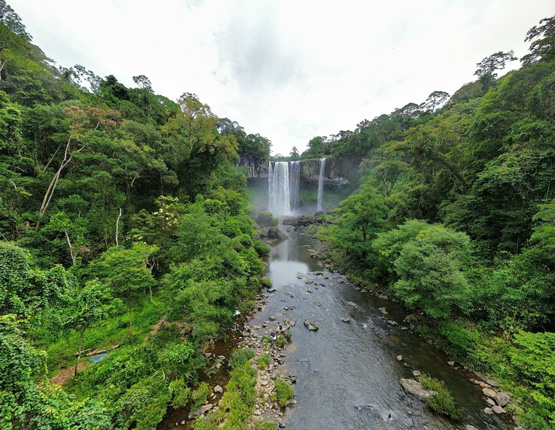
In addition, maintaining thousands of hectares of natural forests will help Gia Lai protect biodiversity, while preparing for a plan to sell forest carbon credits to create a source of funding for forest protection.
Kon Ka Kinh National Park and Kon Chu Rang Nature Reserve in Kon Ha Nung Plateau have been recognized by UNESCO as a World Biosphere Reserve with an area of 413,512 hectares.
Kon Chu Rang Nature Reserve has primeval forests, where rich flora and fauna are regulated in balance. Notably, there are 3 endemic animals in Indochina: gray-legged cranes, black-cheeked langurs of the Central region and big cranes.
People and local authorities are joining hands to protect forests sustainably, while increasing income from forests through forest environmental service funding and forest protection contracts.
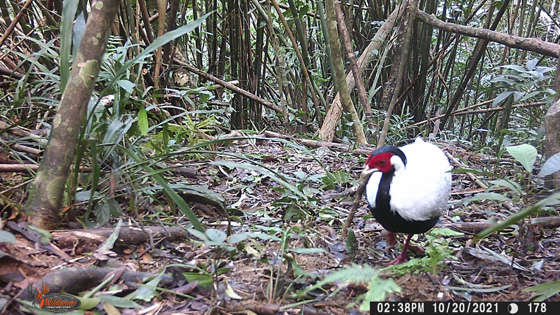
Recently, the People's Committee of Gia Lai province said that in the coming time, the province will invest in infrastructure and upgrade the road from National Highway 19 to Kon Ka Kinh National Park and Kon Ha Nung Nature Reserve.
The tourism industry will study the plan to open tours and routes suitable for resort and entertainment needs associated with environmental protection.
The province will also connect with scientists and attract investors to develop eco-tourism in Kon Ka Kinh and Kon Ha Nung.

